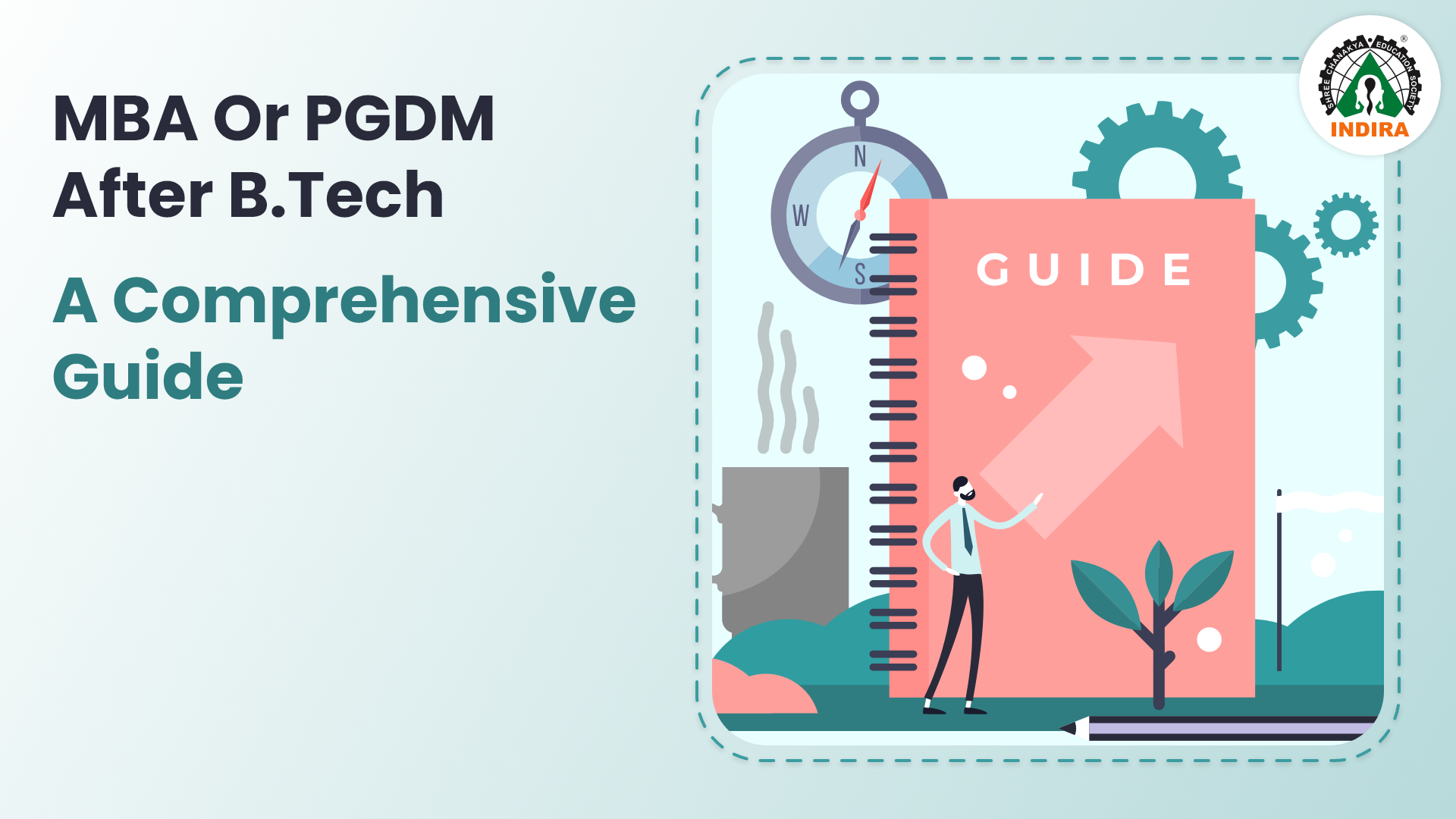Published on December 28 , 2023

If you choose to work after receiving your B.Tech, you will have a completely different experience. You will learn a lot of new things, encounter a variety of unique tools used in the field, and, most importantly, create your own projects. However, after a few years on the job (especially in mid- career), when you've maximised your learning and productive skills, you may begin to yearn for something more.
As the day progresses you are constantly in touch with the world outside your office through digital means of communication. You check out updates on your Whats App more often than you check out your own appearance in the mirror through the day. You end up ordering a gift for a family member on Amazon after comparing prices and checking reviews. Instead of reading the newspaper you check out news feeds on your smartphone. For the important news you believe that you don’t have to find the news, the news will find you. Cyber-crime issues pique your interest as you are an avid user of all things digital.
This is your cue to improve your skills and broaden your knowledge base, as well as your career opportunities. And what better way to broaden your skill set and advance your career than with an MBA? An MBA is especially important if you want to advance to management positions.
Yes, pursuing an MBA after completing a B.Tech is a wise decision for those seeking a successful career. Following graduation, many engineering students pursue an MBA. An MBA provides excellent job opportunities, lucrative salaries, and the possibility of career advancement. Students have a wide range of career options thanks to this broad spectrum of learning. However, in the current climate, students are very interested in pursuing their MBA after completing their B.Tech.
Students with a B.Tech degree have numerous career options available to them. MBA after B.Tech is the most common option for B.Tech graduates. The current demand for this study is increasing. MBA is a two-year post-graduate professional management course with a variety of specialisations. MBA after B.Tech will broaden their career opportunities and provide higher-paying jobs in larger corporations. Candidates are elevated with opportunities for an international career.
In general, doing an MBA has become popular among students because it is regarded as a global programme that can be pursued at a variety of prestigious institutes. Entrance exams are the most common way for students to gain admission to reputable universities. Regardless of their bachelor's degree, university admissions are based on their entrance score. The following are the requirements for pursuing an MBA after completing a B.Tech:
Things die with the passage of time, and the MBA may be no exception until new life is breathed into it. For those interested in management studies, a two-year diploma course PGDM, Post Graduate Diploma in Management, sounds better. In general, the PGDM course is far more industry-relevant and practical in terms of the job market.
MBA programmes are more theoretical, whereas PGDM programmes are more practical. This also provides an advantage.
We've explained the differences between PGDM and MBA; now it's up to you to decide which is best for you!
However, keep the following points in mind when selecting any of these programmes:
B.Tech graduates prefer to pursue an MBA or PGDM as a master's degree because it broadens their employment opportunities. This will provide an answer to your question, 'Can we do MBA/PGDM after BTech?'
A B.Tech. in computer engineering, for example, is restricted to working in IT firms or corporate IT departments. They can pursue a career in finance, operations, marketing, human resources, and a variety of other functional areas with an MBA or PGDM. One can also start her own business.
A management course improves your chances of moving up the corporate ladder. As a result, many students choose an MBA or PGDM after BTech to develop the skills required for future employment. Many senior positions in government and public sector enterprises require a management degree.
A student with an MBA or PGDM after BTech has a competitive advantage in today's market, which is driven by innovation and entrepreneurship, because they have the necessary technical and management skills.
Better career opportunities, job profiles, and competitive wage packages are all advantages of pursuing an MBA or PGDM as a B.Tech graduate.


Which is Better: MBA or PGDM for Government Jobs?
Published on March 25, 2021
IS PGDM EQUIVALENT TO MBA DEGREE? HOW TO CHOOSE A COURSE?
Published on January 16, 2021
PGDM in Marketing: Career, Jobs, Syllabus, Scope, and Salary
Published on February 24, 2021
WHAT ARE THE CAREER OPPORTUNITIES AFTER PGDM? JOBS AFTER PGDM
Published on January 20, 2021
MBA or PGDM? Which course should you choose?
Published on January 6, 2020